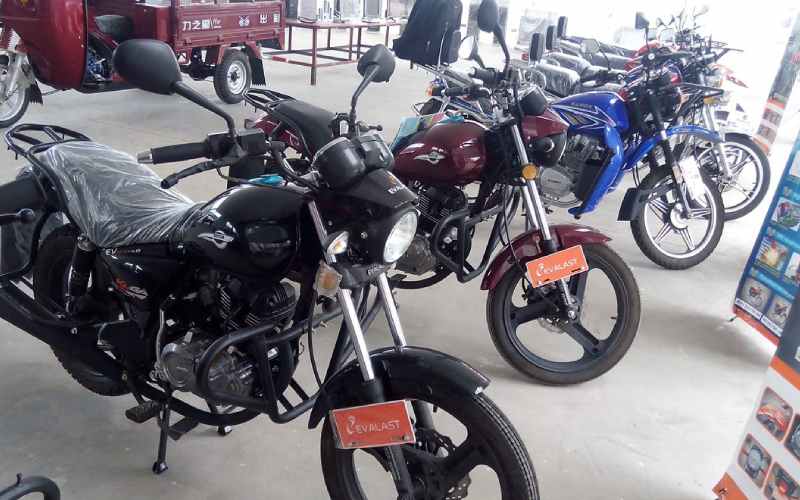×
The Standard e-Paper
Fearless, Trusted News

Courtesy
In 2020, the government through the National Treasury enacted a little noticed policy with gigantic impact. The Legal Notice 112 (Tax Procedures-Unassembled Motorcycles Regulations, 2020) turned on the ignition key for local manufacture of 7 out of 299 motorcycle parts.